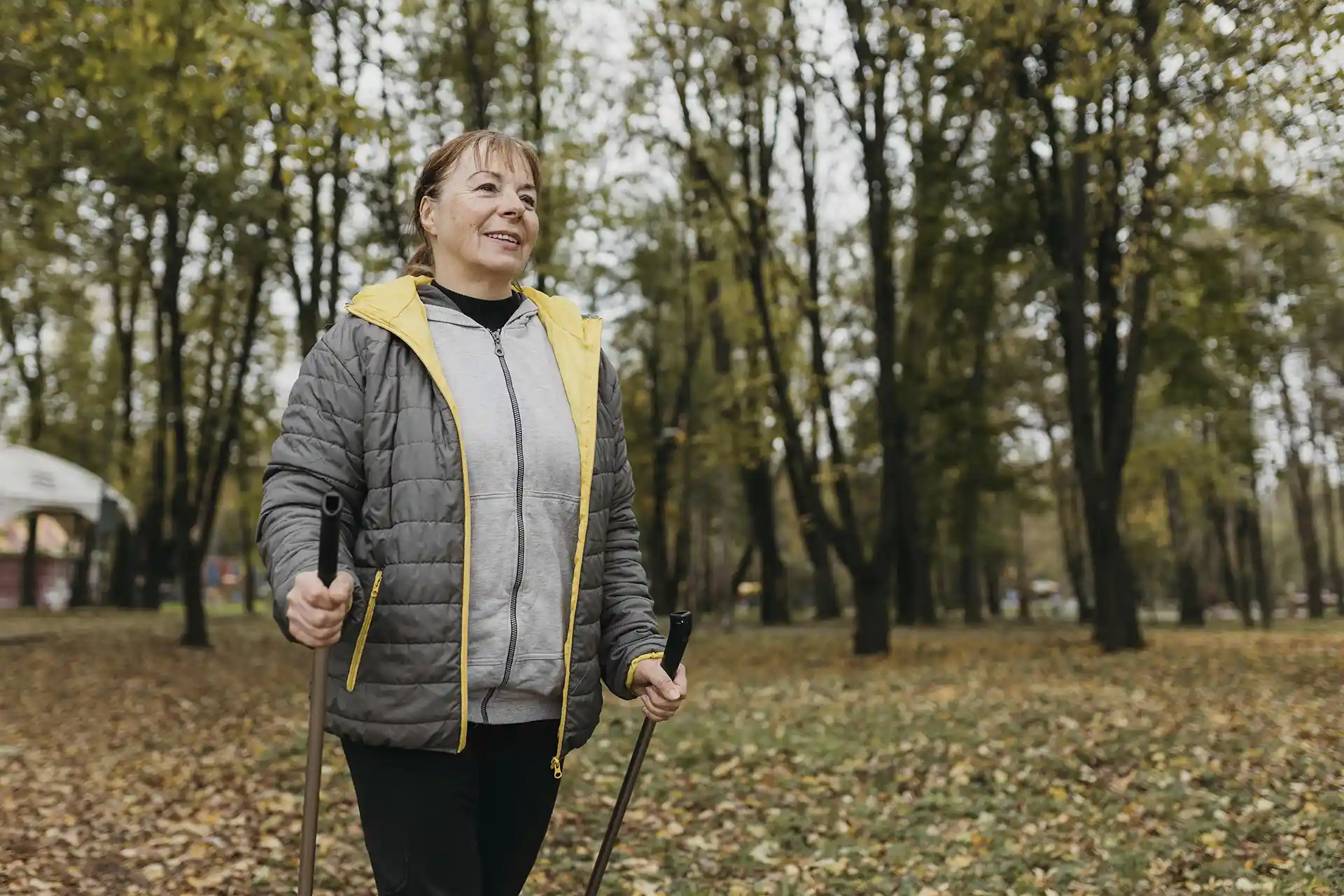What to expect on your caregiver journey
Mesothelioma is a serious cancer, often linked to past asbestos exposure. It can be very hard on the person diagnosed with it, as well as those providing care and support.
As a mesothelioma caregiver, you’ll have to manage medical care while helping with daily life and providing emotional support. Navigating healthcare systems can be challenging, from keeping track of appointments to researching treatment options. The same goes for dealing with money and potential legal issues.
When taking care of someone else, it’s also important to take care of yourself. Ask for help, find mesothelioma support resources, take breaks and get rest.
The future can be tough for someone with mesothelioma. It’s important to be honest, but also remain hopeful. That way, you and your loved ones can better face each day.









